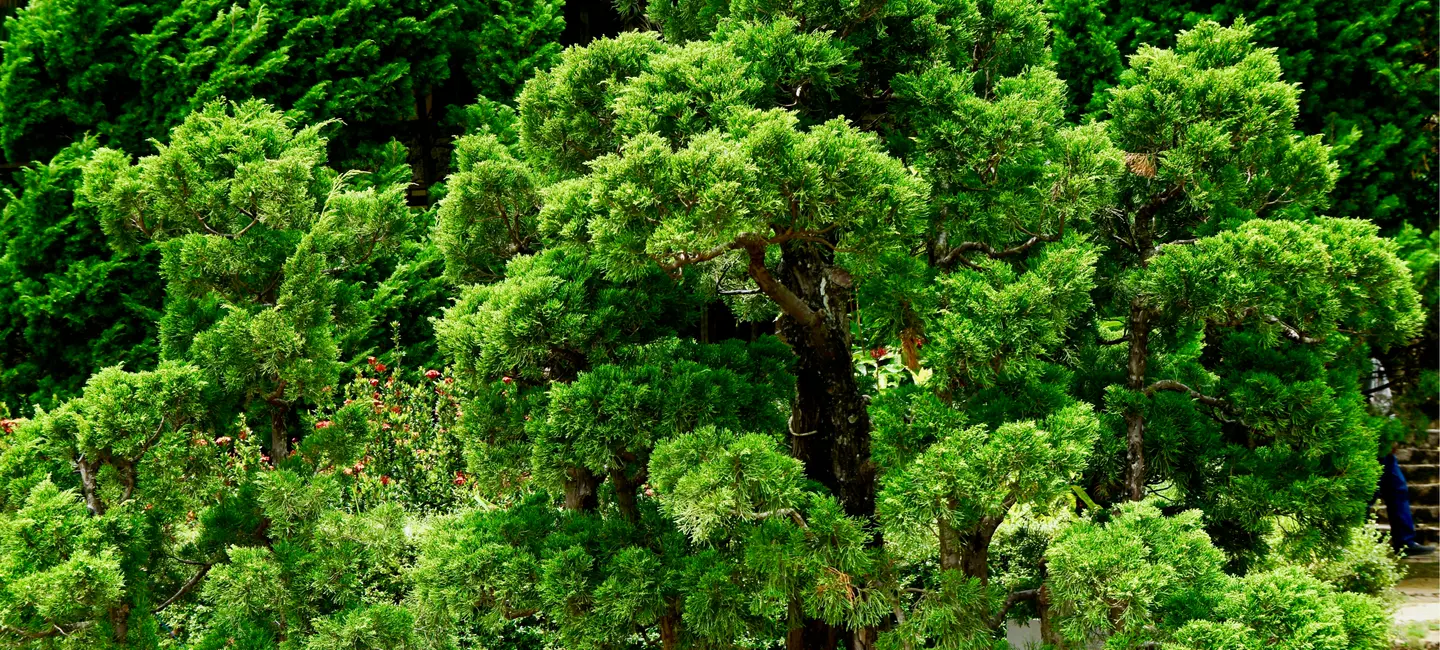
Pagoda tree (Styphnolobium japonicum) is a plant found in China, Japan, and Korea. The flowers, buds, and fruit are used in traditional medicine.
Pagoda tree contains chemicals similar to those found in soy. These chemicals might help with symptoms of menopause. Chemicals in pagoda tree might also reduce swelling and slow the growth of prostate tissue.
People use pagoda tree for hemorrhoids, symptoms of menopause, and many other conditions, but there is no good scientific evidence to support these uses.
Is It Effective?
There is interest in using pagoda tree for a number of purposes, but there isn't enough reliable information to say whether it might be helpful.
Is it Safe?
When taken by mouth: The fruit of pagoda tree is possibly safe. A specific brand of pagoda tree fruit extract (Rexflavone, Rexgene Biotech Co. Ltd.) has been used safely for up to 12 weeks. But pagoda tree seeds are possibly unsafe for most people. The seeds might cause serious side effects including facial swelling or death.
Special Precautions & Warnings:
Pregnancy and breast-feeding: It's possibly unsafe to take pagoda tree seeds by mouth while pregnant or breast-feeding. There isn't enough reliable information to know if the fruit is safe. Stay on the safe side and avoid use of any part of pagoda tree.
Caffeine
Interaction Rating=Moderate Be cautious with this combination.
Pagoda tree contains the chemical genistein. Genistein might slow down how quickly the body gets rid of caffeine. It isn't known if pagoda tree contains enough genistein to change the levels or side effects of caffeine.
Caffeine-containing herbs and supplements: Pagoda tree contains genistein. Genistein might decrease how quickly the body breaks down caffeine. Taking pagoda tree with caffeine might increase caffeine levels and side effects. Examples of supplements that contain caffeine include black tea, coffee, green tea, guarana, and yerba mate.
There are no known interactions with foods.
There isn't enough reliable information to know what an appropriate dose of pagoda tree might be. Keep in mind that natural products are not always necessarily safe and dosages can be important. Be sure to follow relevant directions on product labels and consult a healthcare professional before using.
Árbol de la Pagoda, Arbre de Miel, Arbre aux Pagodes, Chinese Scholartree, Huai Chiao, Huai Hua, Huai Mi, Japanese Pagoda Tree, Japanese Sophora, Pagode Japonaise, Sófora, Sophora du Japon, Sophora japonica, Sophora Japonica Linn, Sophorae Fructus, Soppora Japonica, Styphnolobium japonicum.
Information on this website is for informational use only and is not intended to replace professional medical advice, diagnosis, or treatment. While evidence-based, it is not guaranteed to be error-free and is not intended to meet any particular user’s needs or requirements or to cover all possible uses, safety concerns, interactions, outcomes, or adverse effects. Always check with your doctor or other medical professional before making healthcare decisions (including taking any medication) and do not delay or disregard seeking medical advice or treatment based on any information displayed on this website.
© TRC Healthcare 2024. All rights reserved. Use and/or distribution is permitted only pursuant to a valid license or other permission from TRC Healthcare.
